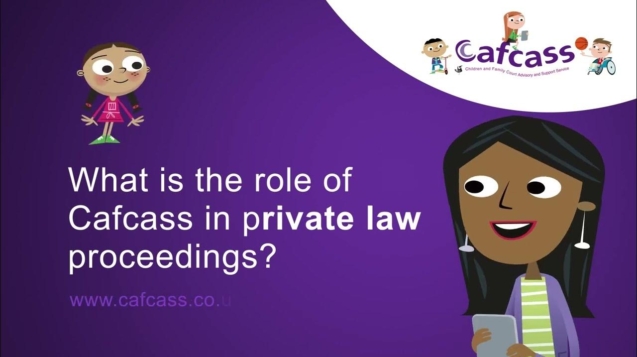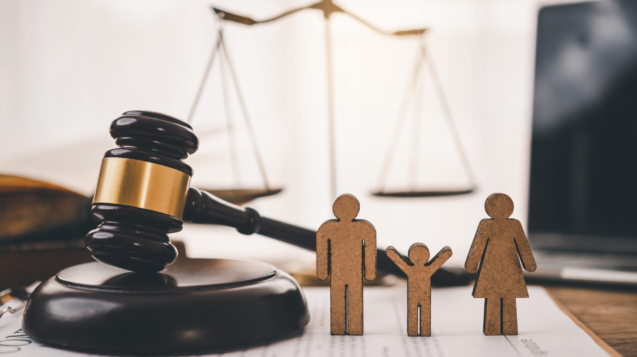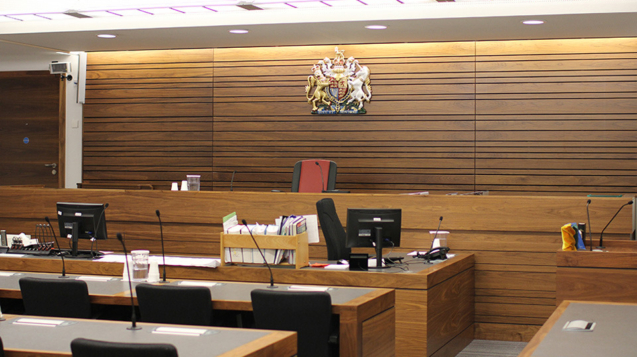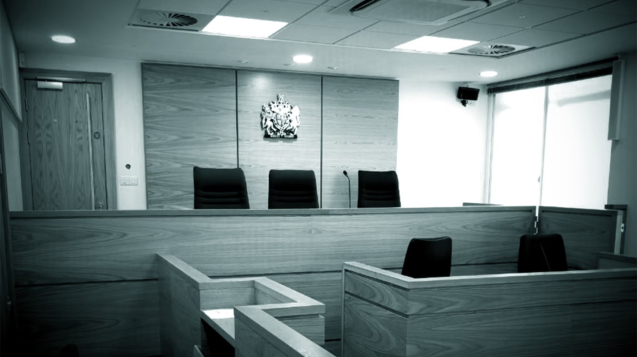Children disputes involving private law proceedings and the Children and Family Court Advisory and Support Service (CAFCASS) have decreased, as shown by the data that was released by CAFCASS in December 2024. CAFCASS have published data to show t ...
What is Schedule 1 Children Act 1989?
Schedule 1 of the Children Act allows an unmarried parent to apply for financial provision for their child from the other parent. Is child support the only option? No. Many parents are unaware of the options save for an application to the Chil ...
What are Public Law Care Proceedings?
The local authorities can start a legal process called care proceedings when worries are voiced that a child could be at danger of significant harm. These processes are meant to protect children’s welfare and to guarantee that families are handled f ...
What is a fact finding hearing?
Introduced in 2017 to give further guidance to the courts, Practice Direction 12J says: “The purpose of this Practice Direction is to set out what the Family Court should do in any case in which it is alleged or admitted, or there is other reason to ...
The Government’s New ‘Victims and Courts’ Bill – What does it mean for Family Proceedings?
The Government have introduced a new bill to Parliament, the Victims and Courts Bill, which proposes to make changes to criminal courts in England and Wales. The bill also includes provision for family proceedings. What does the V ...
Legal Aid Agency cyber-attack
You may have seen reports in the news about a cyber-attack affecting the Legal Aid Agency (LAA). The LAA, which provides funding for people who need legal representation, has confirmed that its systems have been targeted in a criminal cyber-attack. ...
What is a non-molestation order?
A non-molestation order is a type of injunction used to prohibit a person from molesting either the applicant or a relevant child. Molestation is not defined but in practice such orders can be used to protect someone from violence, harassment, and t ...
What is a financial consent order and why do I need one?
What is a consent order? A consent order is a legally binding document sealed by the court that sets out the terms of a financial agreement reached between parties in divorce or dissolution proceedings. This can be as complex or as brief as is re ...
Grandparents’ rights
Many grandparents play a key role in the lives of their grandchildren from helping with day-to-day activities to providing regular childcare. When relationships breakdown, grandchildren and grandparents often suffer a separation through no wish o ...
MIAM: Mediation Information and Assessment Meetings
What is a MIAM? A MIAM is a Mediation Information Assessment Meeting. It is a pre-mediation meeting between you and the mediator. It provides you with information about the mediation process as well as other dispute resolution options to help ...
What is parental responsibility?
The Children Act 1989 explains that parental responsibility refers to all of the rights, responsibilities, duties and authority that a person has in relation to a child and their property. Parental responsibility ends when a child reaches 18, the ...
What is a FHDRA?
This is usually the first hearing within proceedings which have been brought in the Family Court under the Children Act 1989. Proceedings may have been brought for a Child Arrangements Order, a Prohibited Steps Order, and/or a Specific Issue Order. ...
What is a prohibited steps order?
A prohibited steps order is a court order that is used to prevent someone, (most likely a parent), from taking certain action or exercising some elements of their parental responsibility without the other parent’s consent or the permission of the co ...
Child arrangements orders in England and Wales — what are they and what is involved?
Child arrangements orders are a key tool in resolving disputes regarding children. Learn what they are, who needs them and how they work. When the Children and Families Act came into force in 2014, the Act introduced us to new terminology and the ...
Disagreements about schooling
Choosing a school is always a big decision to make but when parents are separated the decision-making process can become even more complicated. Making the decision to separate or divorce is one of the biggest decisions that a parent will make. It ...
What does the new Cafcass Domestic Abuse Practice Policy mean for my family?
What is the new Cafcass Domestic Abuse Practice Policy? A link to the policy can be found here: Cafcass publishes new Domestic Abuse Practice Policy | Cafcass. It was published in October 2024 and further revised in January 2025. What is ...
What is an occupation order?
An occupation order is a type of injunction which regulates who can, or cannot, live in the home or certain parts of it. They are serious orders usually made in the context of domestic abuse as they may suspend a party’s right to occupy their own pr ...
Separate with collaborative law
Collaborative law is a valuable alternative to court. It involves you, your ex and your lawyers reaching an agreement together about your divorce or separation through a series of meetings. In the collaborative law process, you and your ex negoti ...
Divorce law in the UK has changed with the introduction of no-fault divorce in April 2022
What is No Fault Divorce & How Long Does it Take? In April 2022 the law in relation to divorce (and civil partnership dissolution) in England & Wales underwent a major upheaval, and it is now the case that you do not need to give reasons, ...



















